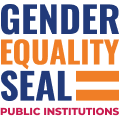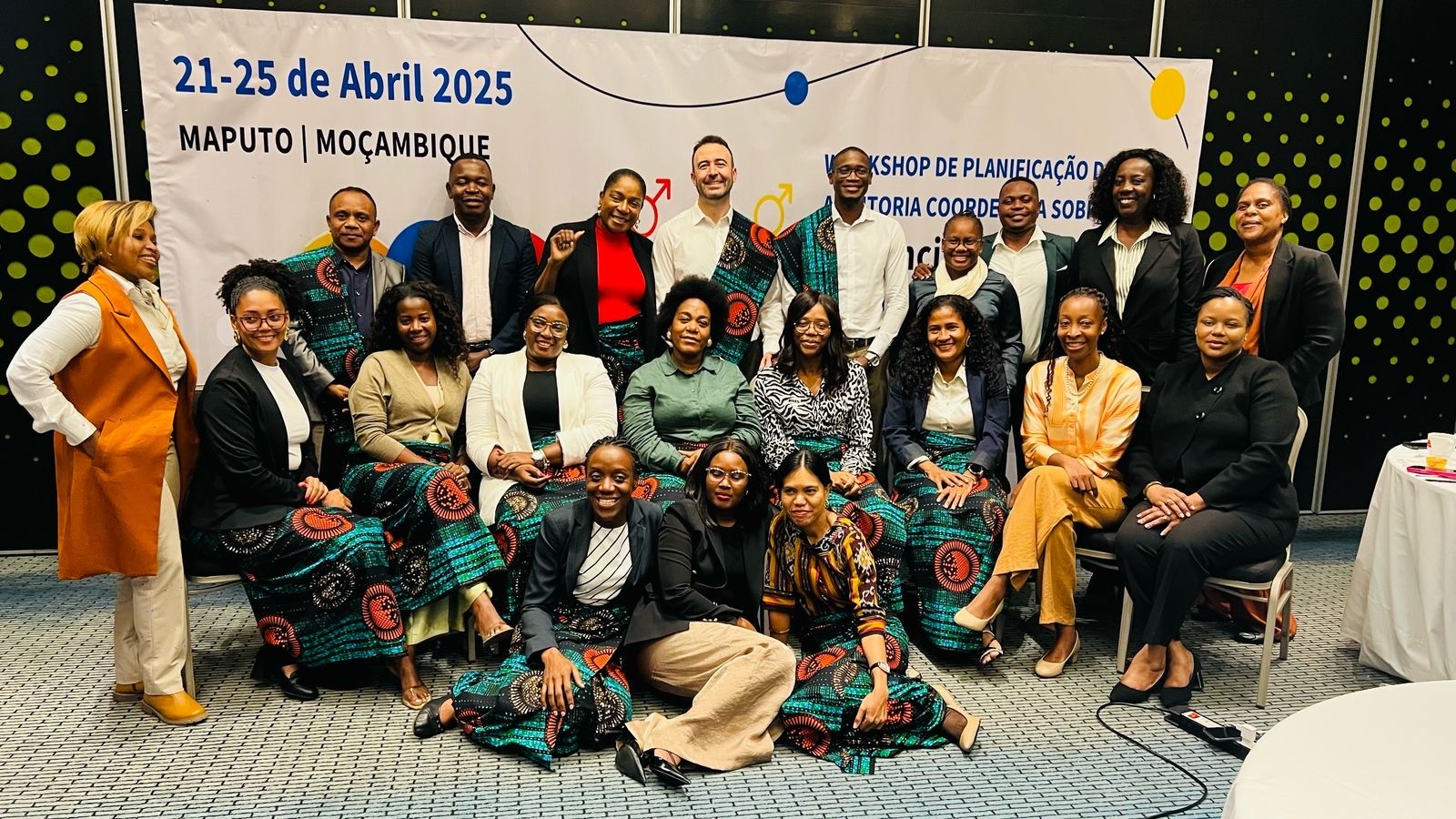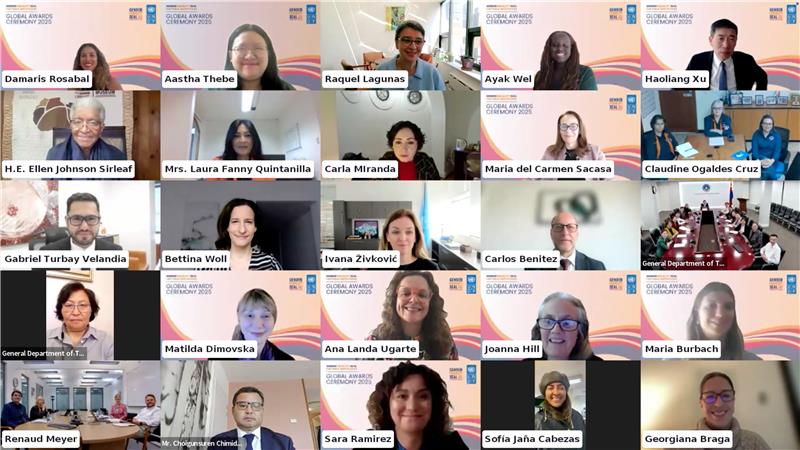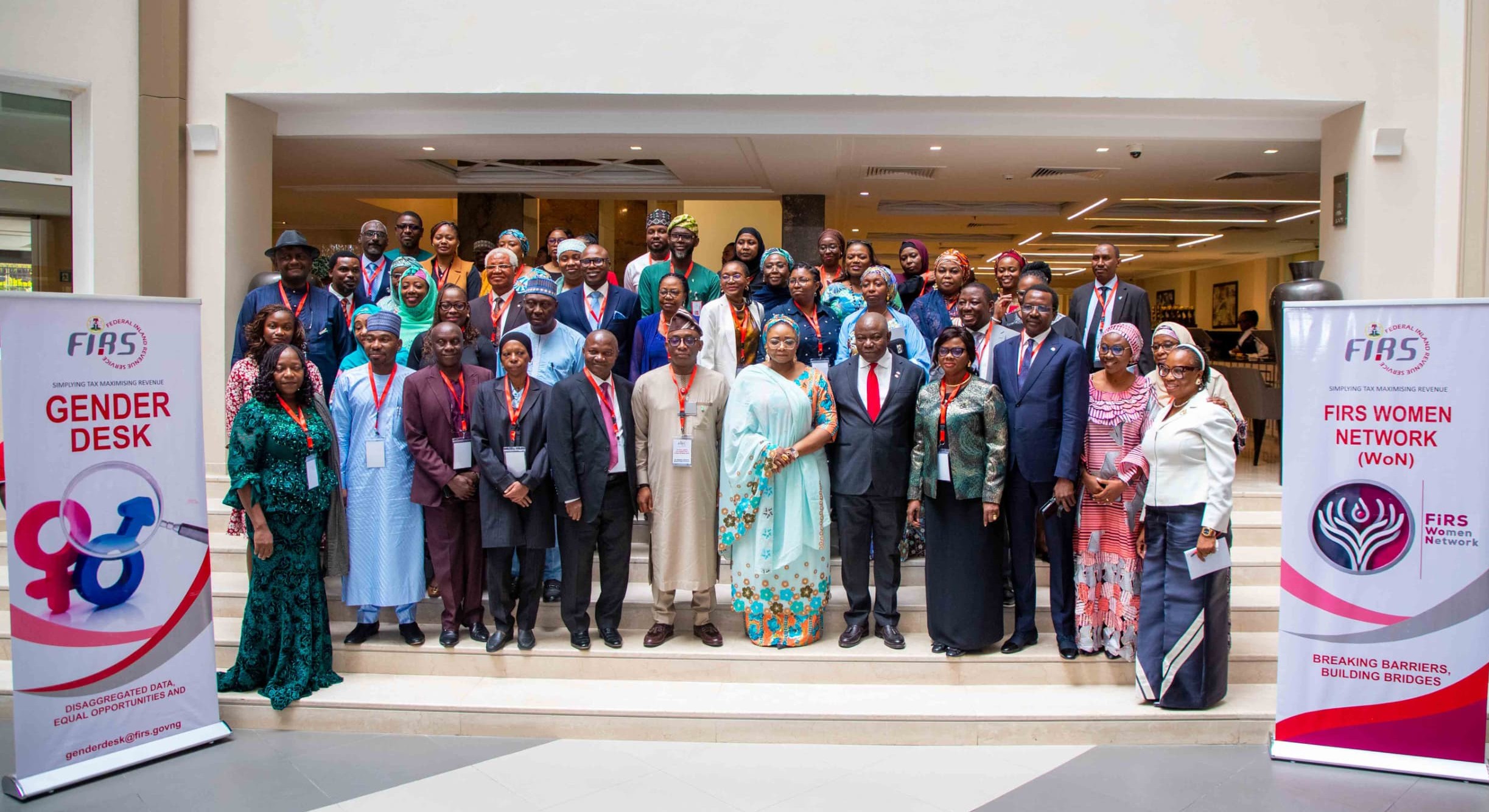
The UNDP Gender Equality Seal of Public Institutions Programme helps to connect institutional priorities with global and regional frameworks, and create a community of practice to solve management challenges and thus support institutional transformation in favour of Gender Equality and more inclusive states.
With this perspective in mind, the Gender team of the UNDP Regional Hub in Latin America and the Caribbean initiated a Community of Practice for public institutions participating in the region’s Seal in 2022.
This initiative was very well received, and the message from the institutions was loud and clear: more spaces are needed where institutions, and above all the people working in them, can openly discuss the common challenges they face despite different national and sectoral contexts, and reflect together on different ways to address them.
Why a Gender Equality Seal Community of Practice for Public Institutions in Latin America and the Caribbean?
– Although each country and sub-region has its own particular context and singularities, there are common critical knots that have slowed down the advancement of gender equality and women’s rights in the region.
– The Latin American and Caribbean region has very particular characteristics and structural conditions that make it different from any other region in the world, but it has also been a source of innovation and creativity in facing the challenges arising from persistent structural inequalities.
– In the aftermath of the COVID-19 pandemic, all countries in the region faced significant setbacks in gains made in women’s rights. In addition, all countries face another major challenge stemming from the emergence of hate speech and anti-human rights discourse.
– Background. In 2021, experiences of institutions are incorporated as part of the Gender Equality key course.
– The experience is highly valued by participants and highlights the need to have a space exclusively dedicated to exchange between institutions.
– Launching. In May 2022 the first session of the Community of Practice dedicated to Gender Budgeting is convened.
And what does 2023 hold for us? Consolidation of the Community of Practice:
The Community of Practice of the Gender Equality Seal in public institutions seeks to identify and make visible experiences that lead to accelerate the institutional transformations that are being implemented in different sectors.
The cooperation and exchange of knowledge among the Seal’s institutions turns each experience into learning that helps to understand the barriers, overcome the critical knots and innovate.
From this perspective, the initial step is to facilitate permanent dialogues and connections to share institutional experiences and, in this way, to support gender-transformative results.
Session 1
The Community of Practice of the Gender Equality Seal in public institutions seeks to identify and make visible experiences that lead to accelerate the institutional transformations that are being implemented in different sectors.
The cooperation and exchange of knowledge among the Seal’s institutions turns each experience into learning that helps to understand the barriers, overcome the critical knots and innovate.
From this perspective, the initial step is to facilitate permanent dialogues and connections to share institutional experiences and, in this way, underpin gender-transformative results. For this reason, the first session was focused on the identification and mutual re-knowledge among people and institutions participating in the Program, to generate conditions to facilitate future meeting and dialogue spaces among institutions in the region to exchange learning, based on this initial re-knowledge.
Session 2
The responsibility of States to guarantee the human rights of people, and particularly of women, demands healthy, safe working environments free from any form of discrimination; a fundamental tool to advance in this regard is the formalization of protocols against the different forms of gender-based violence, including sexual harassment, and the multiple forms of discrimination to which people may be subjected.
ILO Convention 190 on violence and harassment establishes a set of standards to guarantee a comprehensive approach to these forms of violence that harm people’s dignity, integrity and lives. In addition, various institutions in the region have implemented these mechanisms, aimed at comprehensive management of violence in the world of work, including prevention, care, referral and redress.
The objective of this session is to learn about these experiences and to have reference tools adjusted to the normative frameworks on the subject is an opportunity to reduce the learning and testing curve, betting on effective and guaranteeing institutional interventions, which provide timely responses while transforming the social imaginary that naturalizes gender-based violence and perpetuates gender inequalities.
Session 3
The role of organized civil society in the promotion of public policies for gender equality has been decisive in the last 28 years in the Latin American and Caribbean region, and a large part of these transformations have been generated by women’s agenda for the strengthening of their rights.
The articulation of civil society with the States is an indicator of solid and transparent institutions, capable of betting on participatory models for the construction of public policies that respond to the interests and needs of women, and at the same time strengthen democratic institutions.
This session will seek to empower the voices of women to know what civil society demands from public institutions, favouring governance and putting the experience of their organisations at the service of sustainable development, by building alliances to achieve a recovery that requires the leadership of women in order to be inclusive.











